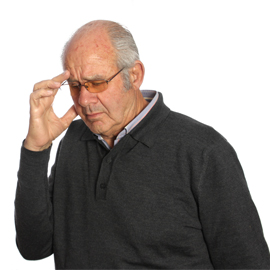
While laparoscopic bariatric surgery procedures are less invasive than open surgeries and require shorter periods of recovery, they are still surgical procedures. This means that they may come with some bariatric surgery side effects. Typically, the pain that results from a laparoscopic procedure is much less intense than pain caused by an open surgery.
In general, post-surgery discomfort is nothing to be alarmed about; however, while some pain is normal, you should be on the lookout for symptoms of infection and improper healing.
It’s important to understand which side effects are normal and which are cause for concern. Also, taking some simple precautions can help your healing progress normally.
Common Bariatric Surgery Side Effects
During the days immediately following surgery, it’s normal to feel some pain or soreness. Most likely, you’ll feel soreness in your abdomen in the areas through which the tubes were passed and particularly if Dr. Bagnato used a single incision laparoscopy (SILS) technique. This soreness should improve after a few days, but if it persists, contact Dr. Bagnato.
You may also feel some pain in your left shoulder. This is referred pain from the diaphragm, which is actually located between the chest and abdomen. This pain usually subsides after a few days and may even linger for a several weeks. Most post-surgery pain or soreness can be treated with over-the-counter pain medications. Dr. Bagnato will likely try to limit the use of prescription pain medications, as they can cause nausea or vomiting.
Dr. Bagnato encourages frequent periodic follow-up visits during the first month following surgery, so be sure to discuss any pain you’re feeling to make sure that everything’s normal. Don’t hesitate to bring up any bariatric surgery side effects that feel unusual to you.
Preventing Complications
Generally, showering after surgery is allowed; however, your doctor may ask you not to do so for a couple of days immediately following your procedure in order to prevent infection.
While it’s very important that you allow your body sufficient time to rest and heal after your surgery, you also need to get up and move around periodically. By making an effort to get up and walk around the house every so often, you can help speed up your recovery, as the movement will actually help your body regain strength. Movement will also increase circulation and help prevent blood clots from forming. Since you’ll eventually need to add exercise to your post-surgery routine, this movement immediately after surgery will make it easier for your body to make that transition when you’re ready.


